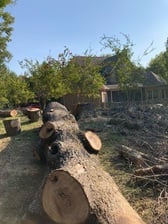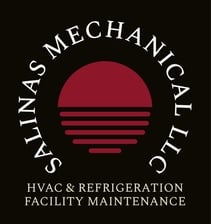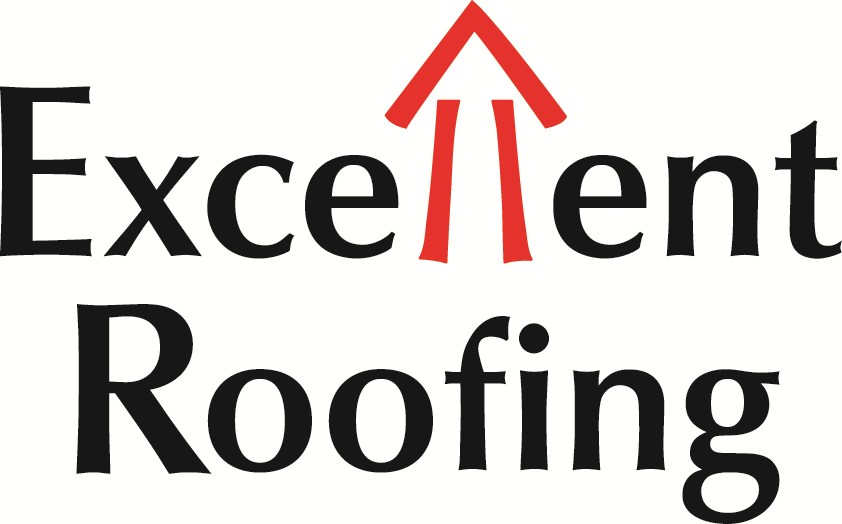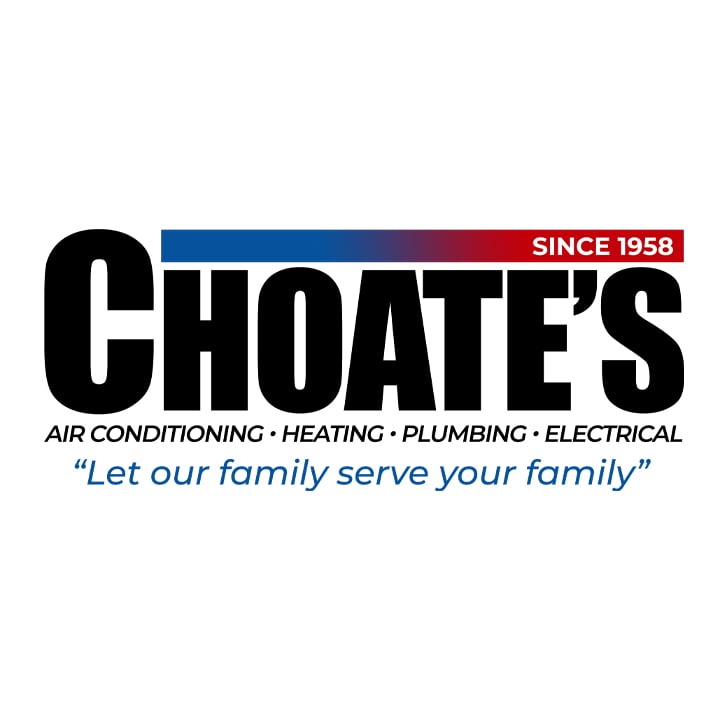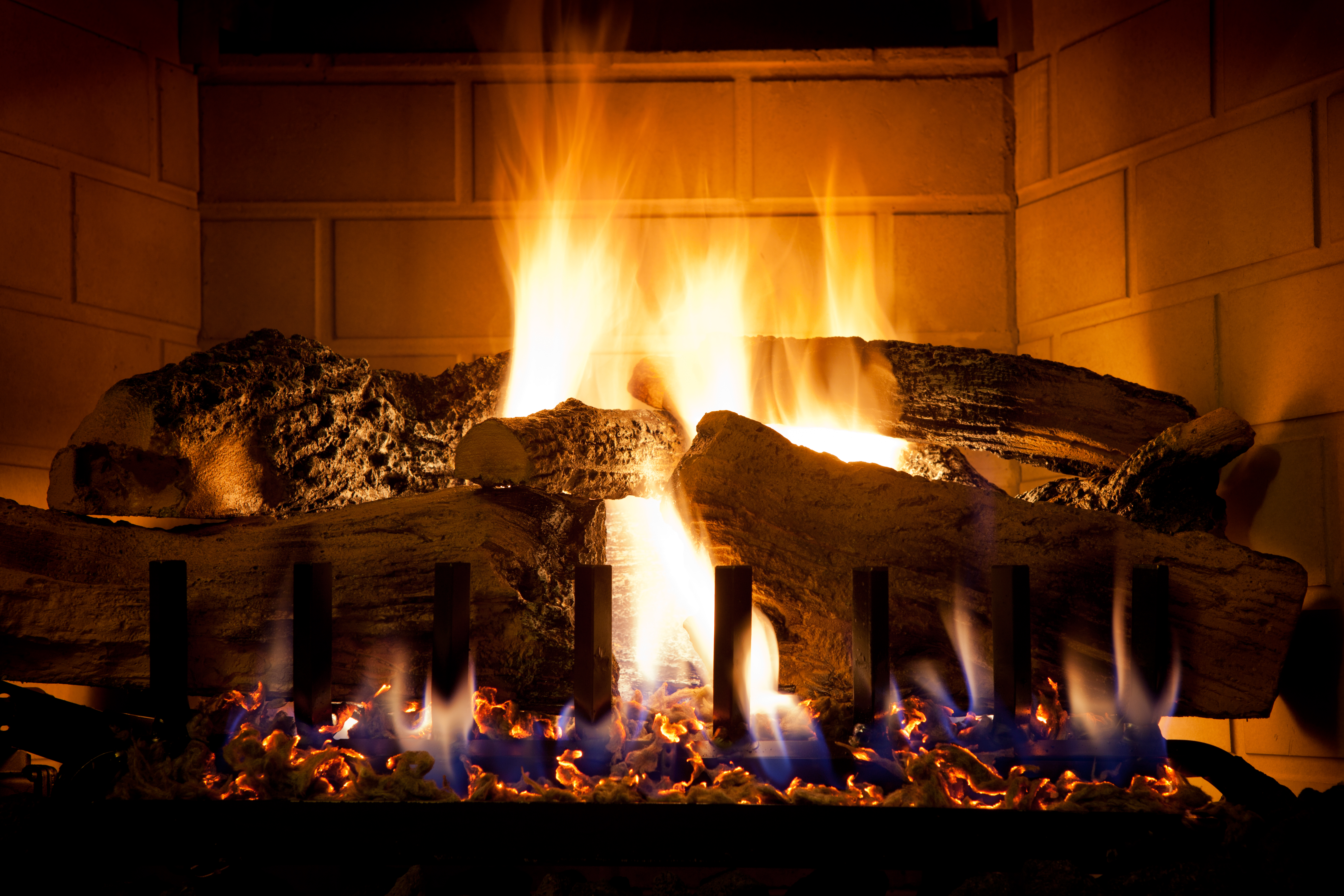
Get matched with top gas log pros in Ruleville, MS
Enter your zip and get matched with up to 5 pros
Need a pro for your gas log service project in Ruleville, MS?
Verified Reviews for Gas Log Service pros in Ruleville, MS
*The Angi rating for Gas Log Service companies in Ruleville, MS is a rating based on verified reviews from our community of homeowners who have used these pros to meet their Gas Log Service needs.
*The HomeAdvisor rating for Gas Log Service companies in Ruleville, MS is a rating based on verified reviews from our community of homeowners who have used these pros to meet their Gas Log Service needs.
Last update on December 31, 2025
Find Gas log pros in Ruleville

AppliancePartsPros.com
AppliancePartsPros.com
Since 1999, we've helped millions of do-it-yourselfers save money and fix their broken appliances quickly by providing quality appliance parts and free repair advice. We are only an online appliance parts retailer that offers a 365 day warranty and fast shipping. We also offer technical advice and diagnosis totally free 6 days a week. If you are interested in repairing your own appliance, please call us at 1-877-477-7278 or click live chat on our web site. We will help diagnose the problem and provide you with all the necessary information for the repair free of charge. It's better with the Pros!™ Avoid costly service calls - visit us at http://www.appliancepartspros.com
"Beware of shipping issues with this company. Ordered an ice maker installation kit on 10/10/25. Shipping was due no later than 10/20 according to company and FedEx tracking. FedEx tracking showed the package at their facility for 8 days without moving beginning on 10/15. Called FedEx 3 times. Each time they said they cannot find package and I have to contact shipper. Shipper has to make a claim, they will not mark it as lost. Called Appliance Parts Pros twice. Each time they say FedEx has to mark package lost before they will do anything. They also state they have to wait 14 days from them before doing anything because of their contract with FedEx. I don't care about their contract, I want what was ordered and paid for. Just going in circles with them and FedEX. If they shipped after 14 days it would be 22 days from that point, 32 days from the date of order if they shipped it that day. There was a deadline for installing this part before tenants arrive. They did not care, would not m"
Ron R on October 2025
Since 1999, we've helped millions of do-it-yourselfers save money and fix their broken appliances quickly by providing quality appliance parts and free repair advice. We are only an online appliance parts retailer that offers a 365 day warranty and fast shipping. We also offer technical advice and diagnosis totally free 6 days a week. If you are interested in repairing your own appliance, please call us at 1-877-477-7278 or click live chat on our web site. We will help diagnose the problem and provide you with all the necessary information for the repair free of charge. It's better with the Pros!™ Avoid costly service calls - visit us at http://www.appliancepartspros.com
"Beware of shipping issues with this company. Ordered an ice maker installation kit on 10/10/25. Shipping was due no later than 10/20 according to company and FedEx tracking. FedEx tracking showed the package at their facility for 8 days without moving beginning on 10/15. Called FedEx 3 times. Each time they said they cannot find package and I have to contact shipper. Shipper has to make a claim, they will not mark it as lost. Called Appliance Parts Pros twice. Each time they say FedEx has to mark package lost before they will do anything. They also state they have to wait 14 days from them before doing anything because of their contract with FedEx. I don't care about their contract, I want what was ordered and paid for. Just going in circles with them and FedEX. If they shipped after 14 days it would be 22 days from that point, 32 days from the date of order if they shipped it that day. There was a deadline for installing this part before tenants arrive. They did not care, would not m"
Ron R on October 2025

Queen City Insulation Co Inc
Queen City Insulation Co Inc
Looking for reliable insulation services? Look no further than Queen City Insulation Co Inc. With 35 years of experience, our home owned and operated business is here to meet all your insulation needs. Contact us today!
Looking for reliable insulation services? Look no further than Queen City Insulation Co Inc. With 35 years of experience, our home owned and operated business is here to meet all your insulation needs. Contact us today!
The Stone Shop
The Stone Shop
Fabricator and Installation Services for all natural and man made stones, The highest quality custom work. No job too big or small. Residential and Commercial wholesaler
Fabricator and Installation Services for all natural and man made stones, The highest quality custom work. No job too big or small. Residential and Commercial wholesaler
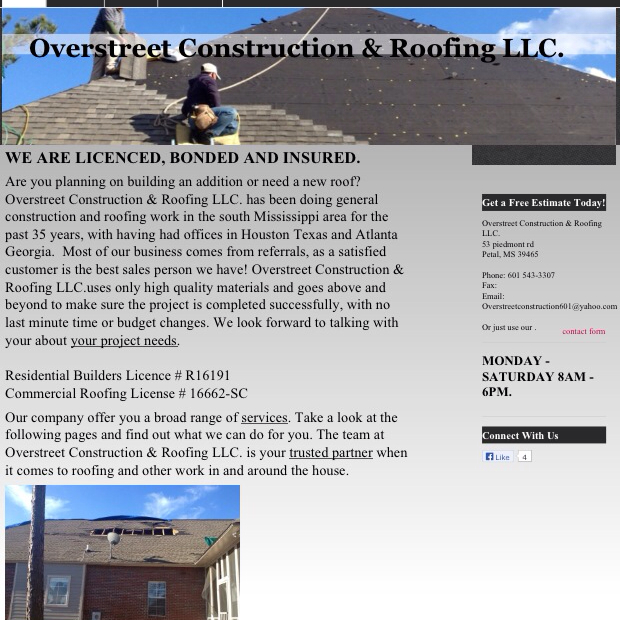
Overstreet Construction&roofi.g.l.l.c
Overstreet Construction&roofi.g.l.l.c
Operating since 1969 with having had offices in Houston Texas and Atlanta Georgia. We are a local company based out of Hattiesburg petal area. We are licensed bonded and Insured.a family owned proud to serve the people overstreet a family name you can count on an trust.
"This company nor individual is State Licensed and Insured as stated and advertised. Confirmed by the MSBOC and the Attorney General's Consumer Protection Division. This individual commits fraud on consumers by providing forged and fake documentation that doesn't belong to him. Call and report to your local sheriffs department if you have been a victim of this consumer predator."
Michael B on March 2024
Operating since 1969 with having had offices in Houston Texas and Atlanta Georgia. We are a local company based out of Hattiesburg petal area. We are licensed bonded and Insured.a family owned proud to serve the people overstreet a family name you can count on an trust.
"This company nor individual is State Licensed and Insured as stated and advertised. Confirmed by the MSBOC and the Attorney General's Consumer Protection Division. This individual commits fraud on consumers by providing forged and fake documentation that doesn't belong to him. Call and report to your local sheriffs department if you have been a victim of this consumer predator."
Michael B on March 2024
Fireplace Creations by BMC
Fireplace Creations by BMC
We are a highly trained fireplace company We sale & install Gas, Wood, Pellet fuel, products. Our specialty is tearing out and replacing VENTFREE fireplaces or logs with a healthy choice directvent fireplace or insert.. We also can replace your old prefab fireplace with a new wood ,gas, are pellet product in your exsiting home. www.fireplacecreationsbybmc.com .
We are a highly trained fireplace company We sale & install Gas, Wood, Pellet fuel, products. Our specialty is tearing out and replacing VENTFREE fireplaces or logs with a healthy choice directvent fireplace or insert.. We also can replace your old prefab fireplace with a new wood ,gas, are pellet product in your exsiting home. www.fireplacecreationsbybmc.com .
HILTON SPEARS CUSTOM CABINETS
HILTON SPEARS CUSTOM CABINETS
Hilton Spears Custom Cabinets has been building custom cabinets for over 30 years. Come into the showroom for a free estimate and a 3d computer representation of your cabinets. We also sell, cut, fabricate, and install counter tops. We have Quartz, Granite, Formica, Marble, Soapstone, Artificial Rock, Solid Surface, and Solid Wood counter tops to choose from. We also are a registered dealer for composite fiberglass pools. These pools install in days, not weeks and save time, energy, and money over standard pools. We also have a Construction company who will build you a perfect house to go along with your cabinets.
Hilton Spears Custom Cabinets has been building custom cabinets for over 30 years. Come into the showroom for a free estimate and a 3d computer representation of your cabinets. We also sell, cut, fabricate, and install counter tops. We have Quartz, Granite, Formica, Marble, Soapstone, Artificial Rock, Solid Surface, and Solid Wood counter tops to choose from. We also are a registered dealer for composite fiberglass pools. These pools install in days, not weeks and save time, energy, and money over standard pools. We also have a Construction company who will build you a perfect house to go along with your cabinets.
Mr. Handyman Ms. L.L.C.
Mr. Handyman Ms. L.L.C.
I am a construction executive handyman. We have been in business for 24 years. We have done everything from building houses to changing toilets. There is nothing we can not do because can't is not one of our words we use
I am a construction executive handyman. We have been in business for 24 years. We have done everything from building houses to changing toilets. There is nothing we can not do because can't is not one of our words we use
See It N 3D Design & Technical Illustrations
See It N 3D Design & Technical Illustrations
The end product will be your Blue Prints, Floor Plans, Notes or drawings (non-technical nor artistic required) designed and converted digitally into 3D (Isometric) full color digital images. (animation available). The purpose and value of my service is convey ideas and purpose of my Clients (Architects, Designers, Artists, Contractors, Home Owners etc.) into images from 8.5 to 11" to Large format such as Poster Board or Bill Board size for advertisement or demonstration, Video 3D animation also available. SEEIT N 3D before you build it SAVE $ and TIME. My illustrations are the last step before the project becomes a reality. I have saved my clients thousands of dollars by allowing a Virtual Reality Preview of the end product/ project using the proposed materials, colors and textures. Email for a free consultation, include samples for a quote.
The end product will be your Blue Prints, Floor Plans, Notes or drawings (non-technical nor artistic required) designed and converted digitally into 3D (Isometric) full color digital images. (animation available). The purpose and value of my service is convey ideas and purpose of my Clients (Architects, Designers, Artists, Contractors, Home Owners etc.) into images from 8.5 to 11" to Large format such as Poster Board or Bill Board size for advertisement or demonstration, Video 3D animation also available. SEEIT N 3D before you build it SAVE $ and TIME. My illustrations are the last step before the project becomes a reality. I have saved my clients thousands of dollars by allowing a Virtual Reality Preview of the end product/ project using the proposed materials, colors and textures. Email for a free consultation, include samples for a quote.
courtney pluming
courtney pluming
plumbing, general construction, excavating and waste water
plumbing, general construction, excavating and waste water
steve dillard construction
steve dillard construction
commercial and residential contractor for over 30 years
commercial and residential contractor for over 30 years
The homeowners guide to home care is here
From average costs to expert advice, get all the answers you need to get your job done.

Getting a wind mitigation inspection can work in your financial favor. Learn about the average wind mitigation inspection cost, including ways to save.

Learn all of the factors you need to consider to estimate roof ridge cap replacement costs, whether it’s safe and worthwhile to DIY the work, and more.
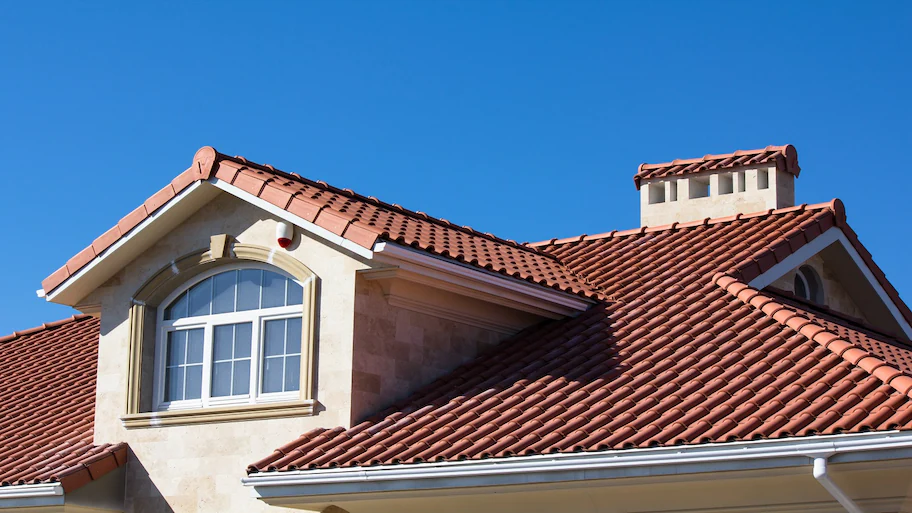
A new roof improves curb appeal, increases home value and keeps your living space protected from the elements. Learn about average roof replacement costs to set your budget.

With so many different types of roofs, it’s important to know the pros and cons of your roof’s style. Learn about 14 common roof types and how they measure up.
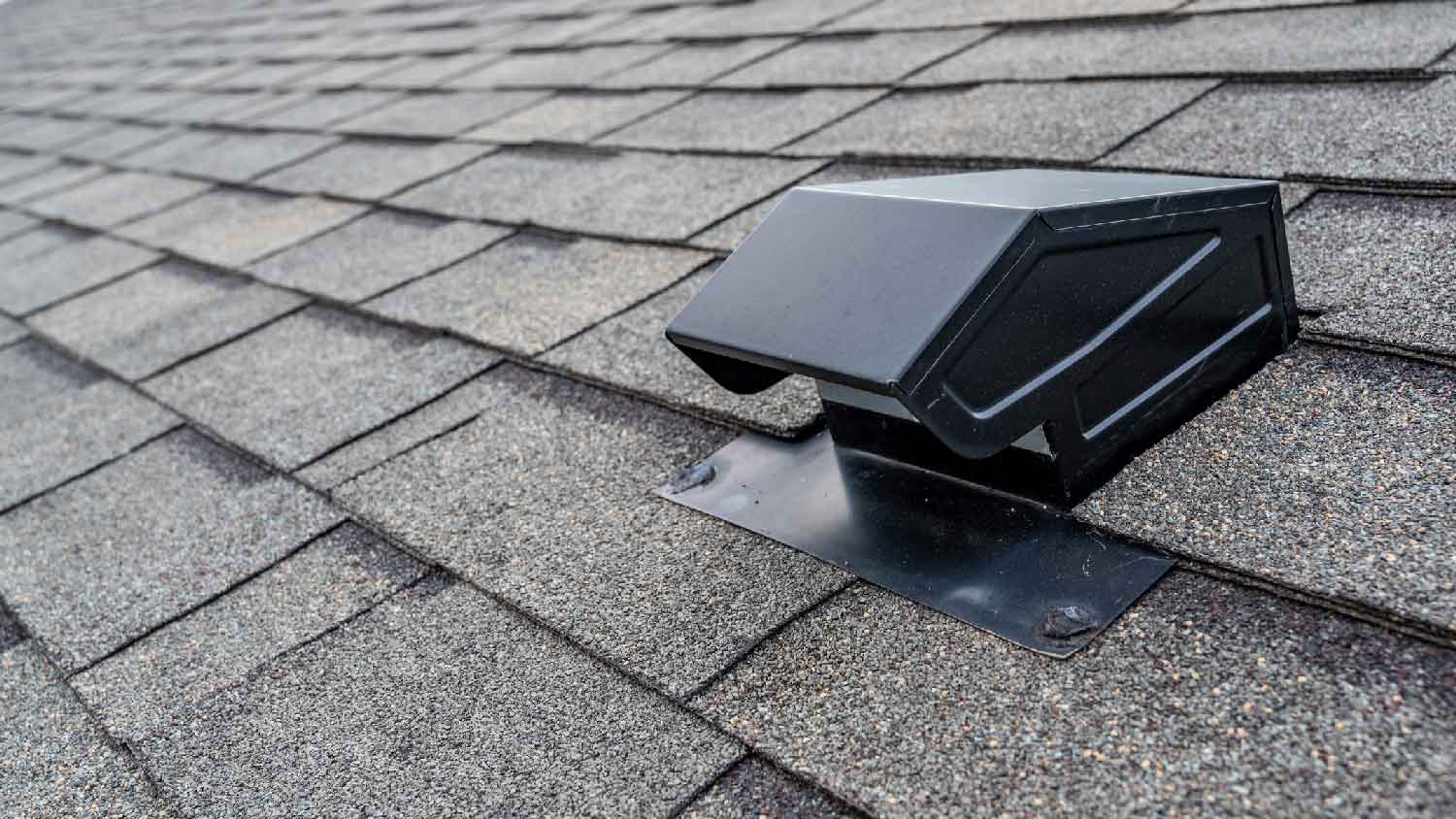 •
•This guide lays out the cost to install a roof vent on your home depending on the type of ventilation that's best for your roof based on several factors.

Painting a metal roof helps it look great and last for decades. Use this guide to learn how to paint a metal roof, whether you DIY the job or hire a pro.
- 🌱 "Mow a small front yard"
- 🛠 "Fix a leaking pipe under the sink"
- 🏠 "Repair shingles on an asphalt roof"

